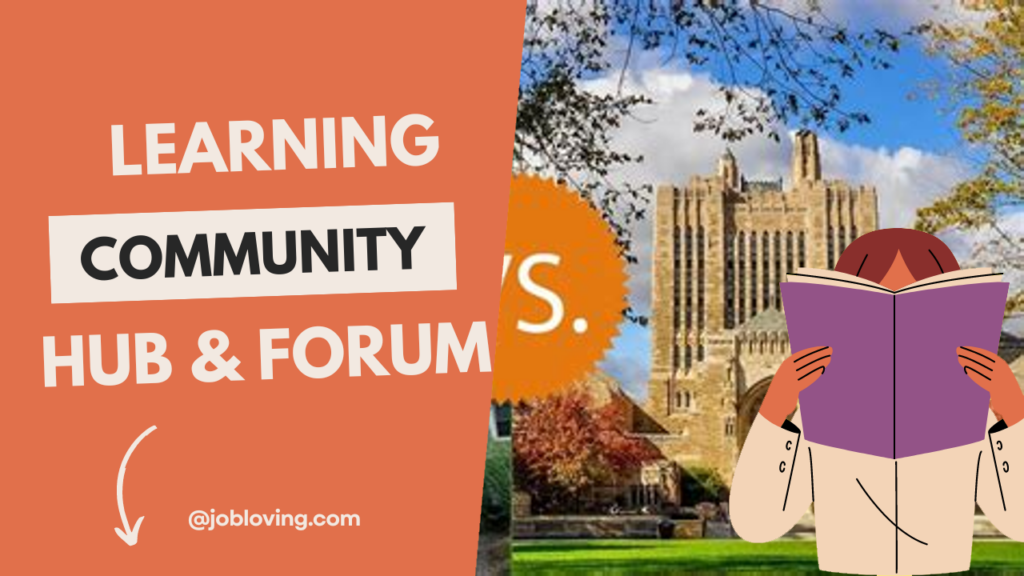Are you ready for a showdown between two of the Ivy League heavyweights? When it comes to prestige, Princeton and Yale both have impressive credentials, but which one claims the top spot? Let’s dive into the world of elite universities and see how they stack up against each other.
The Short Answer: Yale takes the lead in prestige, followed closely by Harvard, while Princeton holds its own in third place.
In the hierarchy of prestigious universities, Yale often shines brighter than Princeton. According to numerous rankings, Yale typically finds itself in the coveted first position, followed by powerhouse Harvard and then Princeton in a close third. While all three institutions boast remarkable academic programs and illustrious alumni, Yale’s influence and reputation in areas like research, politics, and the arts give it that extra oomph on the prestige scale. Princeton, however, isn’t far behind; known for its focus on undergraduate education and exceptional faculty, it provides an equally stellar experience for its students.
In conclusion, while both Princeton and Yale are elite institutions with unique strengths, Yale generally holds the edge in the prestige contest. For anyone curious about higher education and its dynamics, these insights reveal more than just rankings—they illuminate the rich narratives behind these storied institutions. If you want to dive deeper into the world of academic excellence or have any questions about higher education, join the JobLoving community for a wealth of resources!
Key takeaways about Is Princeton more prestigious than Yale?
Admission Competitiveness and Processes
- Yale University has an acceptance rate of just 3.7%, indicating extreme competition for admission.
- Princeton University’s acceptance rate is slightly higher at 4.5%, reflecting its academic excellence dedication.
- Yale’s admissions process is holistic, evaluating applicants beyond just GPA and standardized test scores.
- Princeton allows applicants to submit arts supplements, showcasing talents in various creative fields.
- Both universities require three letters of recommendation, highlighting the importance of academic relationships.
- Yale provides extensive research resources and global learning opportunities to enrich student experiences.
- Yale’s application includes unique essay prompts, allowing students to express their individuality and passions.
- Princeton emphasizes close interactions with professors through a low student-to-faculty ratio, enhancing learning experiences.
- Princeton’s personal insight questions help assess applicants’ readiness for community engagement and academic rigor.
- Yale’s admissions committee prioritizes interviews for applicants needing to provide additional information about themselves.
Historical Context and Institutional Commitment
- Yale’s origins date back to the 1640s, making it one of the oldest U.S. universities.
- Princeton was established in 1746, showcasing a long-standing commitment to higher education in America.
- Princeton’s commitment to undergraduate education ensures students have access to top-tier research resources.
- Yale’s mission focuses on equipping graduates with knowledge and values for meaningful lifelong learning.
- Both institutions are highly ranked, often considered equals in academic rigor and faculty quality.
- The perception of prestige can evolve over time, influenced by societal changes and institutional developments.
Academic Focus and Strengths
- Princeton excels in mathematics and engineering, while Yale is stronger in liberal arts disciplines.
- Princeton’s curriculum emphasizes creativity, innovation, and collaboration across a variety of disciplines.
- Princeton students benefit from independent research opportunities supported by seminars and academic resources.
- Yale encourages exploration of interests, promoting a well-rounded education across various academic disciplines.
- Academic programs’ quality should guide university choice, as prestige can vary by specific disciplines.
- Both Yale and Princeton foster strong intellectual communities, encouraging collaboration and innovation among students.
Culture and Student Lifestyle
- Princeton’s small-town setting contrasts with Yale’s urban environment, impacting student lifestyle and experiences.
- Yale’s larger graduate program attracts diverse students, enhancing its academic environment compared to Princeton.
- Princeton’s conservative reputation may appeal to certain students, while Yale attracts those seeking liberal perspectives.
- Cultural fit is crucial; Princeton emphasizes athletics and social life, while Yale offers alternatives.
- Yale’s party scene is described as more sedate, reflecting differences in campus culture and social life.
- Alumni networks from both universities provide significant advantages in career opportunities and connections.
- Graduates from both universities often achieve high levels of success in various professional fields.
- The debate over which university is more prestigious continues, reflecting personal biases and experiences.
- Prestige is subjective; individual preferences and academic interests significantly influence university rankings.

